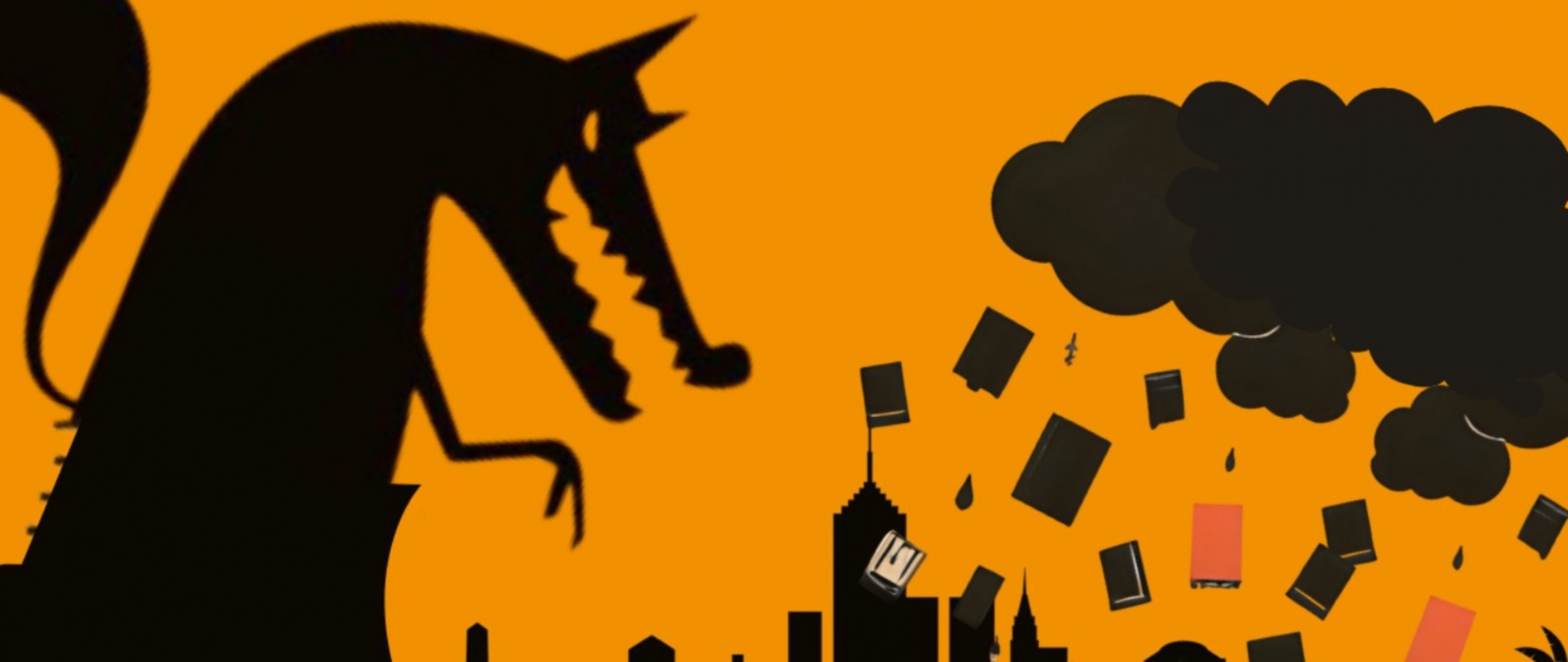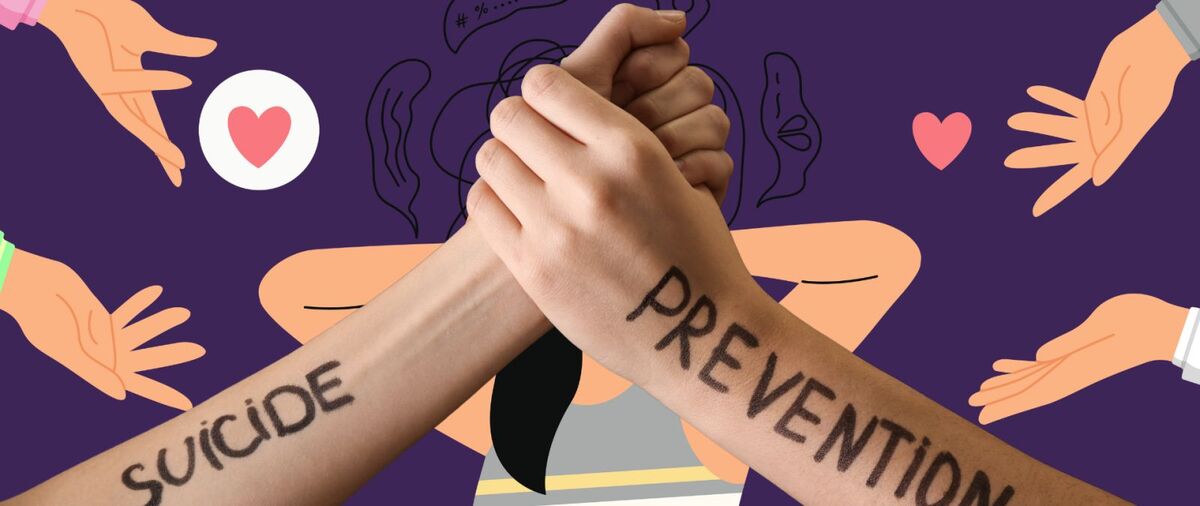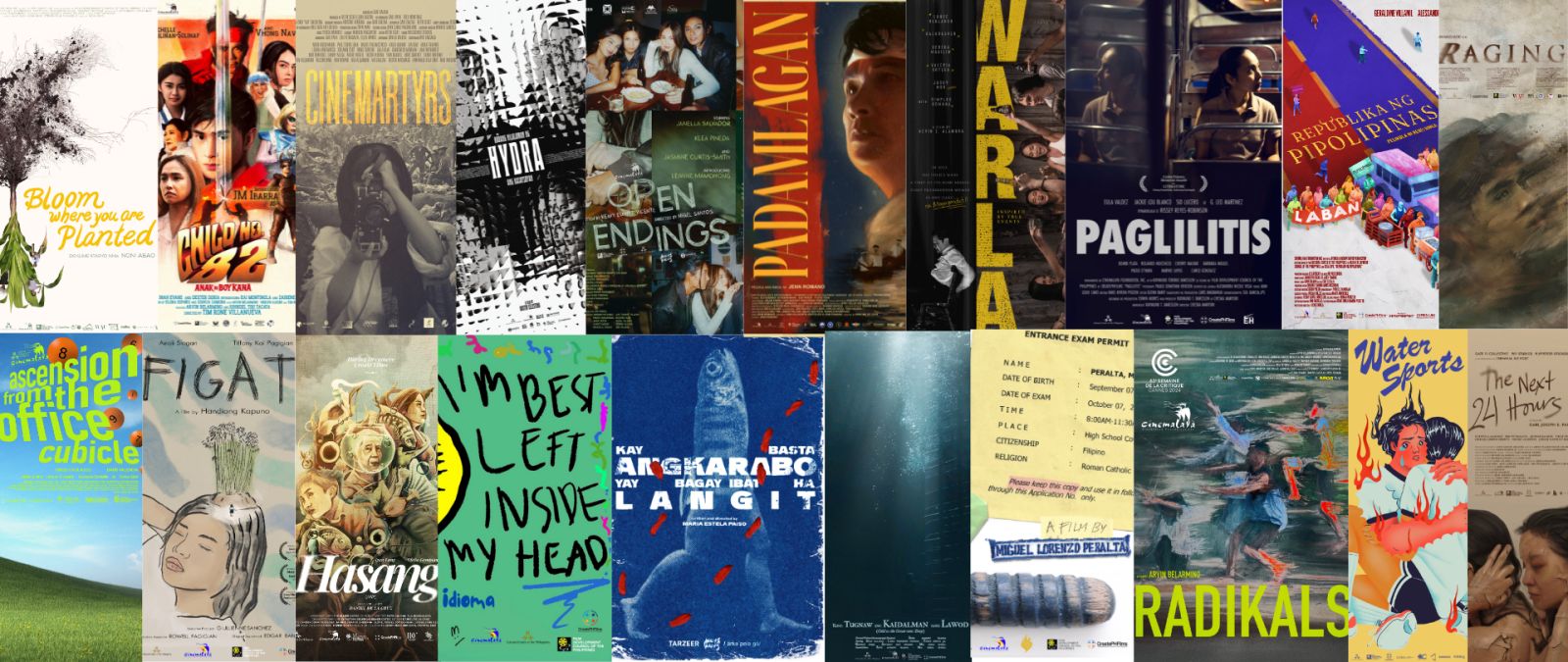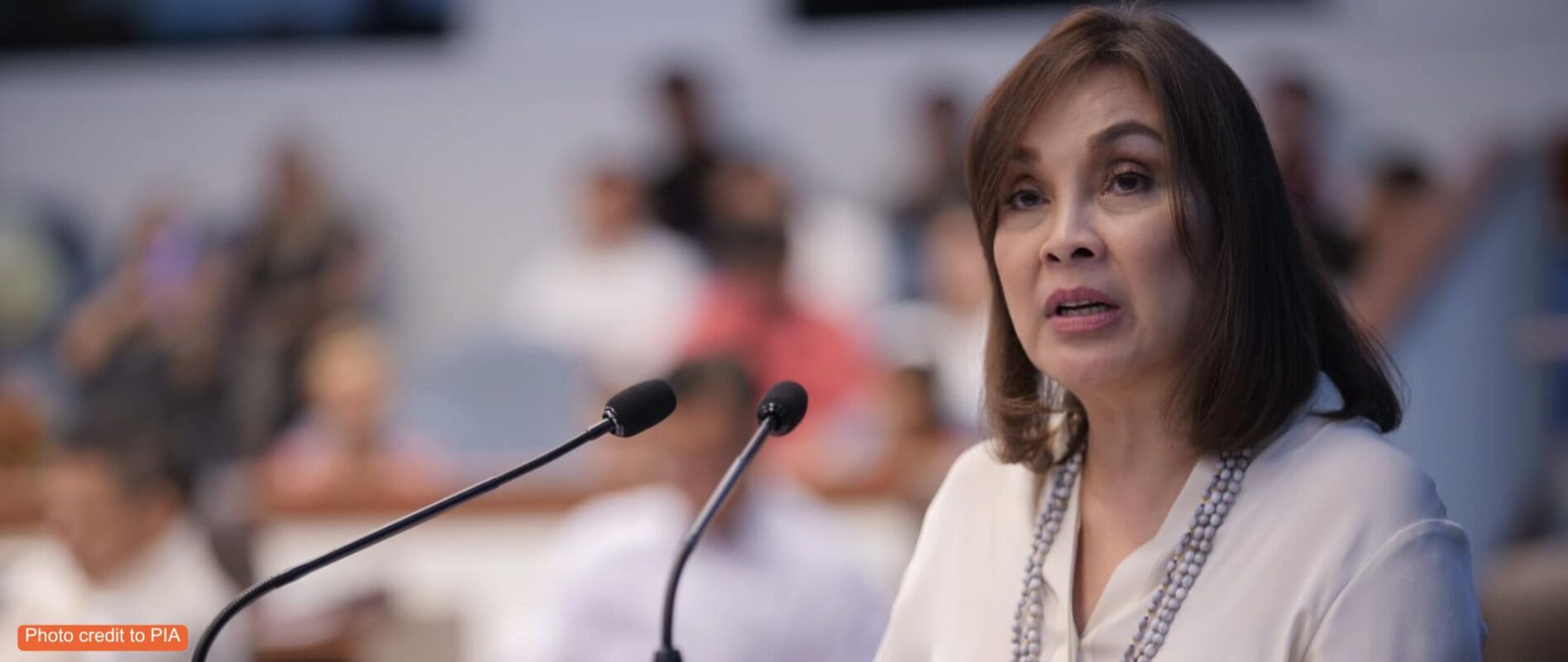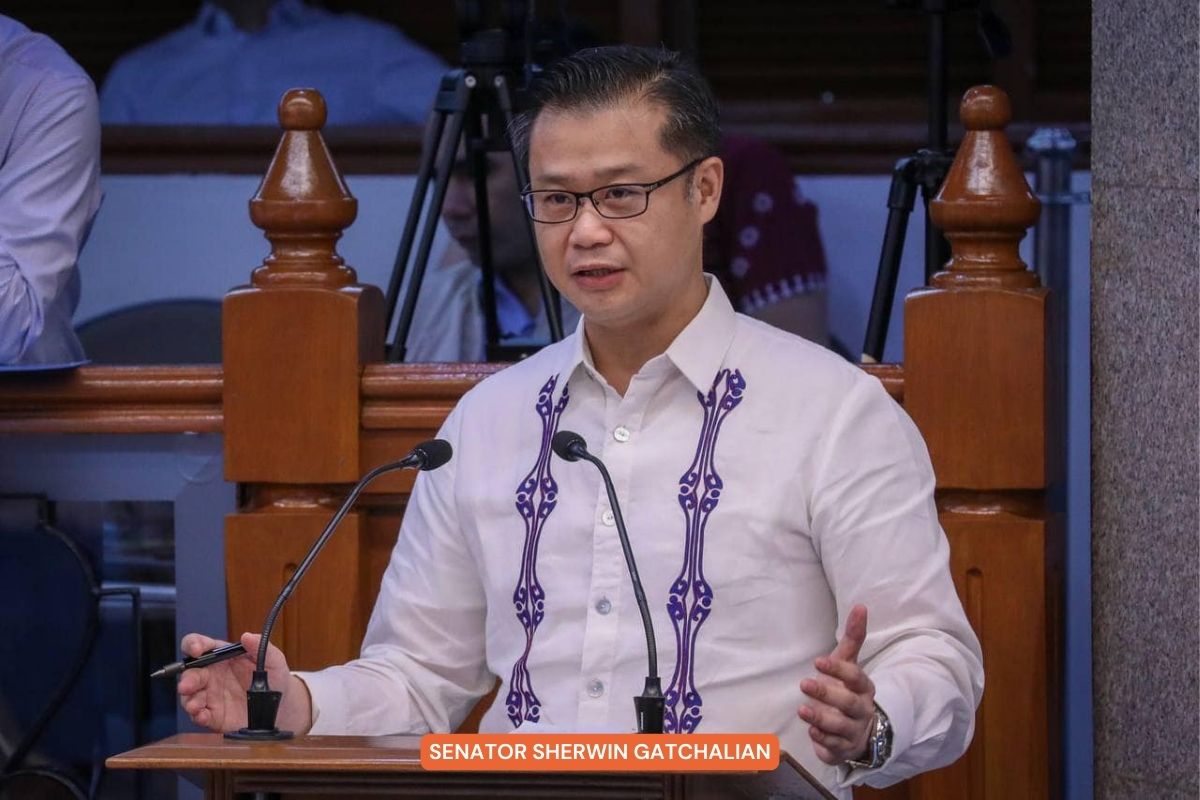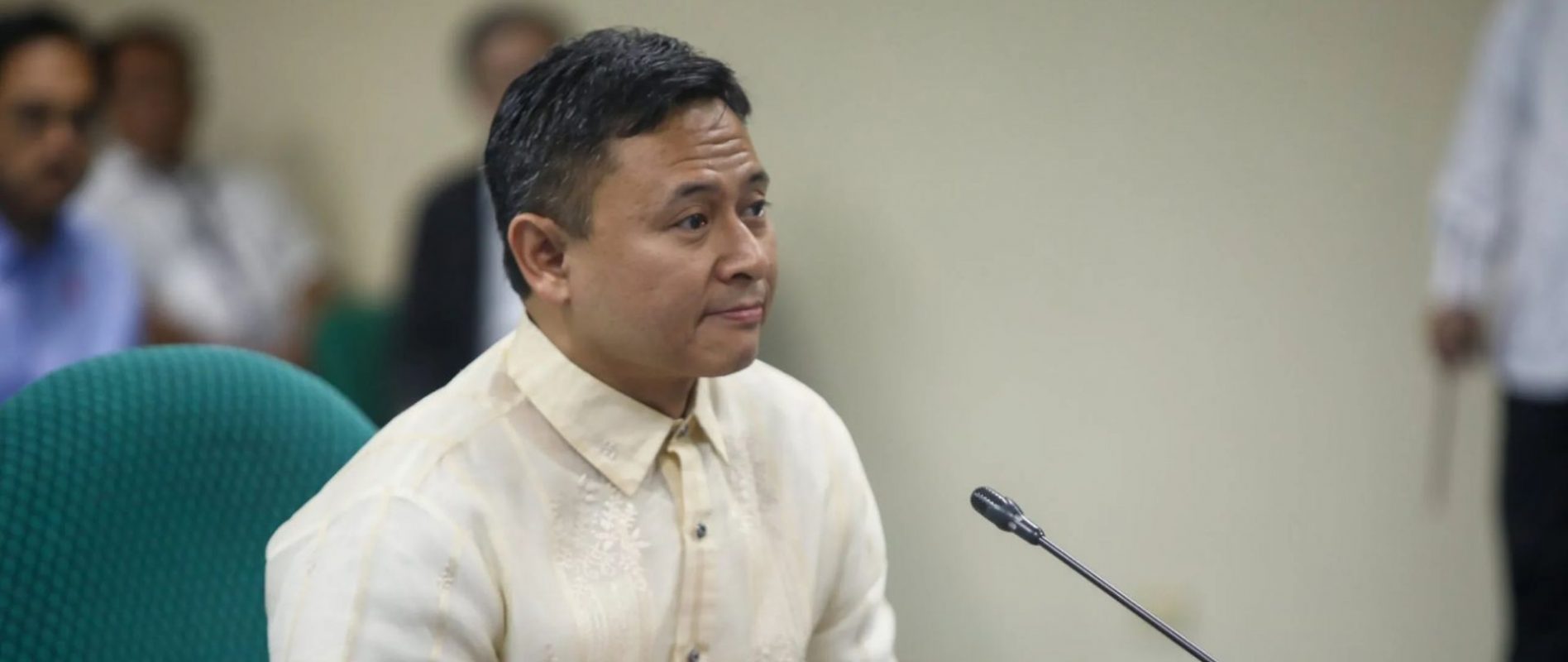HOW THE MISHANDLED CANCEL CULTURE QUICKLY TURNED FROM A WISE DISCUSSION TO A TOXIC WORD WAR
Every now and then, celebrities are subjected to Cancel Culture. With its evolution towards platforms and even a nation, how far does its damage extent to nowadays?
Cancel this, cancel that.
The Internet has become so saturated with a lot of cancelling in recent history that it has become a breeding ground for a whole new culture of its own. Breeding more hate than thoughtful criticisms, the once cultivating Cancel Culture that sets apart the problematic from the wiser has now led to a delicate word war among netizens. Is it more than enough to cancel out a person for one big mistake? Do we give them mindful lessons from the backlash they receive so they can bounce back as better netizens? While both questions are valid in today’s discussion of netiquette, some netizens are taking it further with malicious intent that only reveals a darker side of social media.
Here’s how it works: a celebrity, politician, brand, or a social media figure posts, tweets, or mentions something that is not culturally or morally accepted hence a tidal wave of backlash ensues. It’s a typical pattern in today’s social media especially in Twitter’s woke community because the platform allows easy, collaborative discussions through hashtags. It began as an eye-opening culture that reveals more about an individual’s views and ethics in life. However, the accessibility of these platforms are fueled by rage and hate that it goes beyond mere calling out to now causing demeaning throws that are only making more damage than healing. Perhaps it’s time to cancel Cancel Culture, or at least, be wiser with every click with the intent to teach a lesson and not cause mental damage.
Recently, #CancelKorea became a trending topic on Twitter after Filipina TikTok user, Bella Poarch who lives in Hawaii, trended for her video that revealed her tattoo. The design shows a Japanese Imperialism icon on her left arm and several of her Korean audience felt insulted and provoked by it because Korea had a long and tough history with the said era. This resulted to anger reactions that escalated to racial discrimination against Filipinos. What seems to be a fairly normal video performance comes bigger underlying statements on both parties that need to be addressed.
@bellapoarch So I decided to make a dance for this sound & I’m not even good at dancing????
As much as we embrace Korea’s huge impact in today’s world, we remain vulnerable to a rampant issue that’s still very evident until today; and this jumped out in this particular TikTok video. Bella apparently was not aware of the full context of her tattoo, so it comes with wisdom to teach her a lesson by informing her of the real meaning behind it. She’s since apologized and sends her love to Korea with a post. It’s true that her lack of knowledge about the matter is a problem especially with a permanent art around a visible part of her body, but social media can be unforgiving. The best response she can perhaps give is to be mindful of the comments but it all went so fast that furious netizens dragged more than just her, but also the whole Filipino nation. Comments include “poor country”, “uneducated people”, even going as far as stereotyping “short people”, the comments goes as far as unrelated issues.
Y’all can attack me. I’m ok with that. But when y’all attack Philippines and make fun of them, that’s when I lose my shit.
— Bella Poarch (@bellapoarch) September 9, 2020
This is how social media reacted with the hashtag #CancelKorea:
#SorryToFilipinos #cancelkorea
I'm so sorry. ???????????????????? pic.twitter.com/apNVIHeBQf— 플텍계 대화가능 그외???? 김우우???? (@kim__oo614) September 10, 2020
i saw it on facebook#cancelkorea pic.twitter.com/t1P5HBGNsX
— ???????????? (@panauncai) September 9, 2020
arent most filipinos racist to their own citizens, lets start with filipinos degrading bisayas & mocking their accent, or when if u'r from mindanao u'r automatically viewed as a terrorist. so isnt a bit ironic that most of u are hopping on the #cancelkorea trend? #cancelracism pic.twitter.com/Ra7Y2Itjaw
— ???????????????? (@ughhbby) September 9, 2020
Then the most recent subject to the culture is Netflix with the trending #CancelNetflix. After the premiere of its controversial French film Cuties on Sept. 9 about a Senagalese girl who joins a dance clique to escape her complicated family situation. Baring provocative scenes and vulgar language, the young actors of the show are exposed to mature stuff that may seem inappropriate for their ages as well as subjected into an intricate lens by several culture and conservative groups.
Because of its sensitive themes that are deemed to ‘sexualize girls’ by netizens and several groups, the internet questions the content of Netflix and the creative process that goes through their thinking boards. The negative reception is largely attributed to the kids’ revealing clothes with crop tops and short skirts on its movie poster with a rating “Only for Adult viewers” which people find sexually suggestive. Upon its release, some audiences find the film disturbing for exploring mature themes that do not align with their cast’s age therefore exposing them early on on the topics of vulgarity and rebellion.
Aside from the trending hashtag, there’s also petitions at Change.org that urges people to cancel their Netflix subscriptions because Cuties is not the only controversial show that the platform has allowed.
Cancel Culture’s instances vary and some can generally hold acceptable reasons. While the notion has become more bleak because of people who are taking it badly, it’s important to realize that the culture roots from people’s freedom of speech. Only the mishandled ones are painting it with negative connotation so as wiser netizens, criticisms should always be backed with research and careful considerations.




